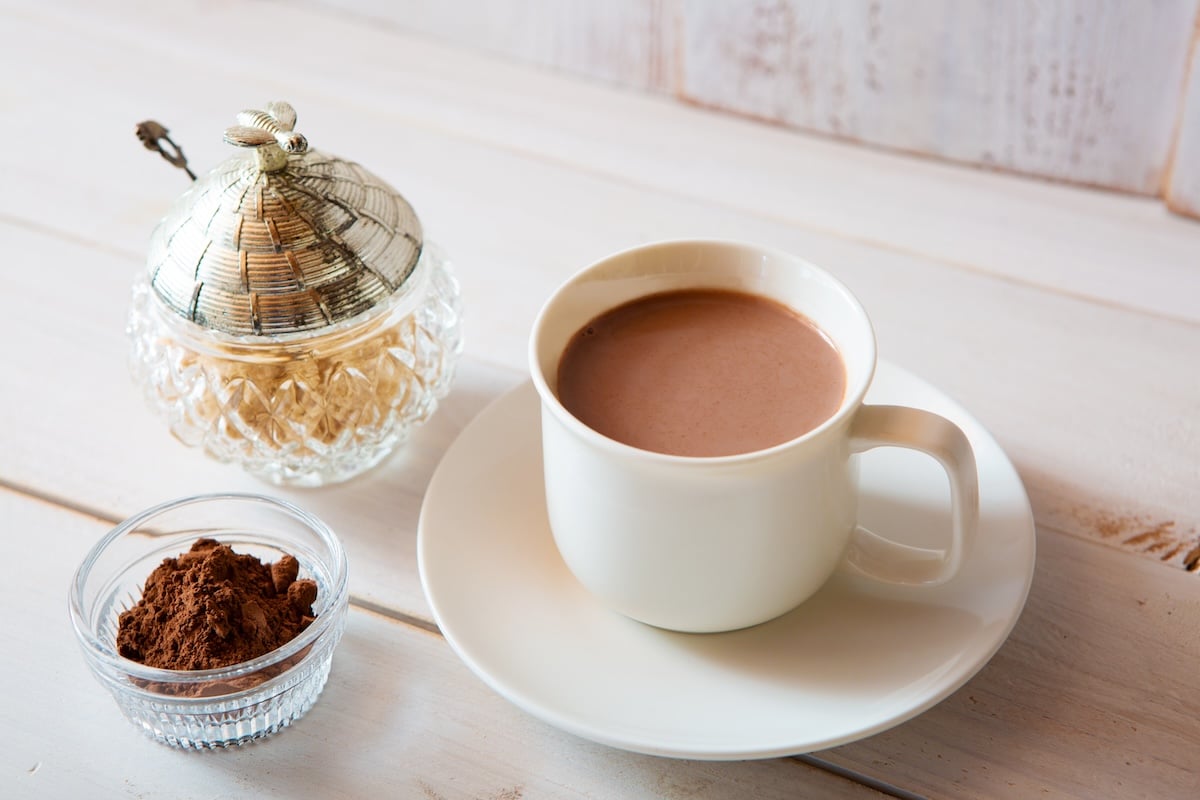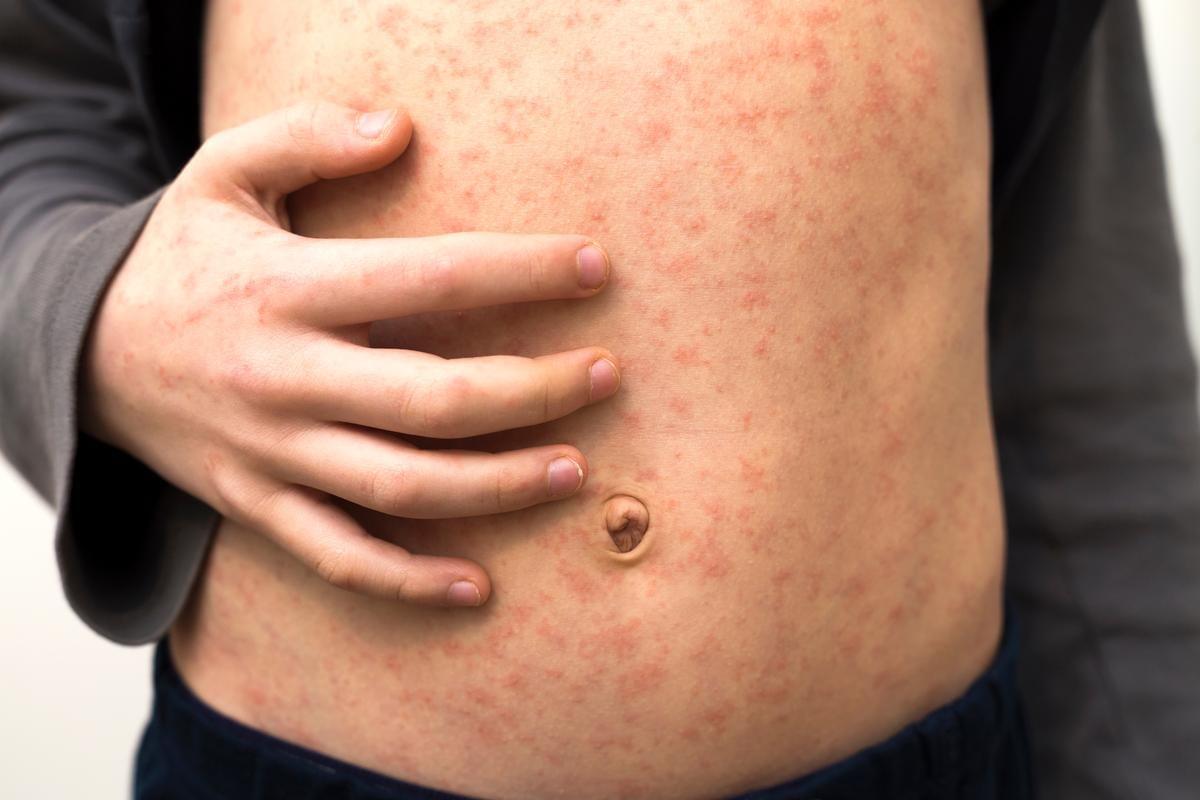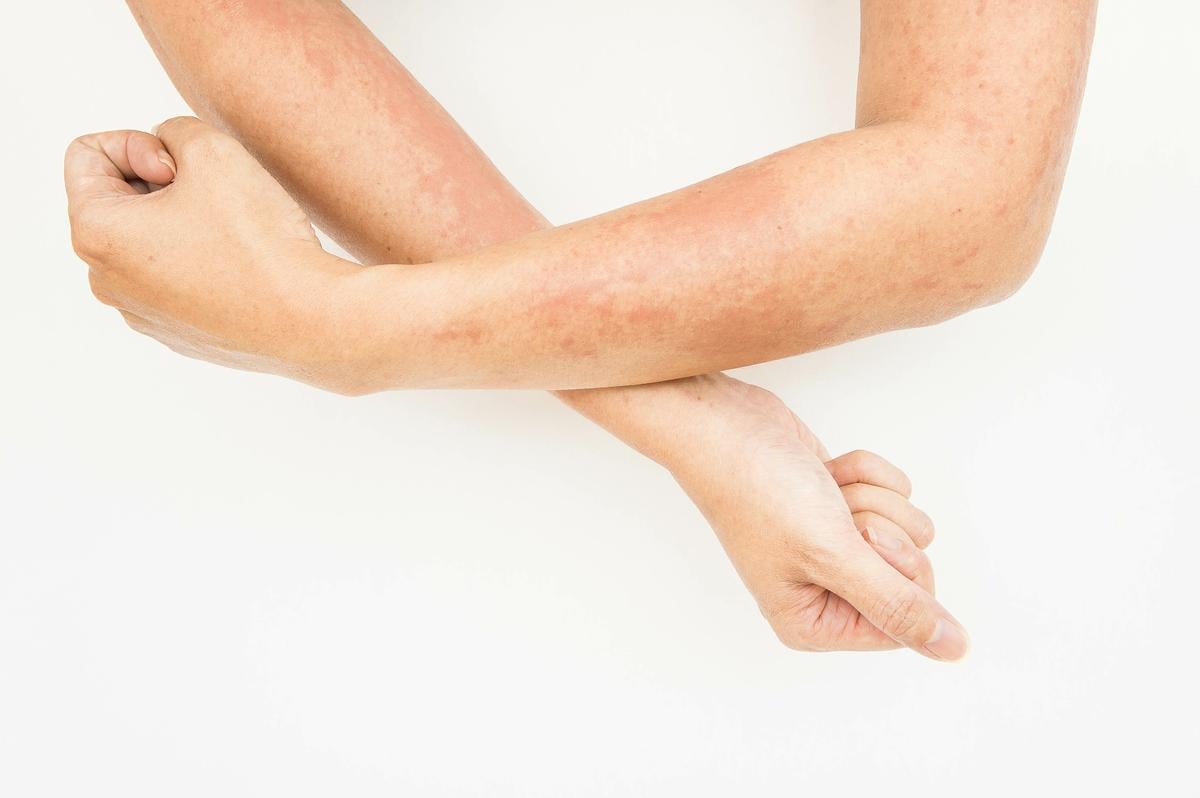
Three out of four times, your Facebook friends don’t read past the headline when they share a link to political content. Experts say that’s somewhat surprising — and downright scary. People who share without clicking may be unwittingly aiding hostile adversaries aiming to sow seeds of division and distrust, warned S. Shyam Sundar, a professor… read on > read on >






























